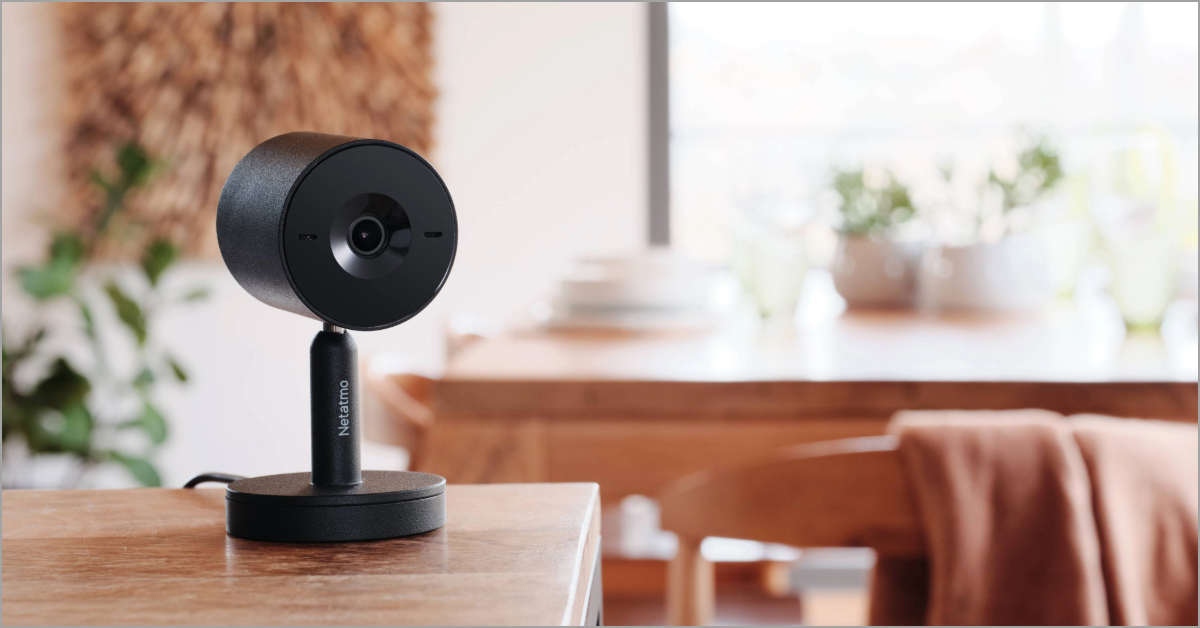
New Indoor Camera Advance
Are you wondering whether to install an electric, oil, gas, wood pellet or combi boiler in your home? With so much choice out there for your home boiler, it can be tricky to decide on the best option to provide your home with heating and hot water, while doing your bit for protecting the environment. An electric boiler is a heating method with many advantages - some disadvantages, too. So, should you choose an electric boiler for your home heating and hot water supply? It all depends on your specific requirements, as well as several practical aspects of your home itself.

An electric boiler is ideal for back-up heating that can boost your existing central heating system at home. This means that your electric boiler will primarily be used to add additional heating and hot water when your home needs it most.
Usually, that will be during the colder months of the year, when everyone in your home turns to your heating and hot water supply to ensure they’re warm and comfortable at home.
The electric boiler is particularly suited to boosting heating and hot water supply in small urban homes. On the one hand, the electric boiler is a small, compact installation within your heating and hot water system.
On the other hand, using an electric boiler to provide heating and hot water for a larger home can quickly become very expensive. This is due to the high price of electricity.
An electric boiler is a very useful tool for rapidly increasing the heat emitted by radiators or underfloor heating systems that you have in your home. You can also use an electric boiler to heat hot water in your home by connecting it up to your water tank.
An electric boiler is simple to operate after a quick and easy installation process in the home. You can find many types of electric boiler on the market, to suit any type of home and budget.
However, the major issue with using an electric boiler for your home heating and hot water is the high price of electricity itself. You will see an increase in the price of your home energy bills when using an electric boiler, simply because electricity itself is a high price form of energy (electricity is also rather damaging to the environment, as energy sources go).
Here, we’ll take a closer look at how an electric boiler works, so you’re well informed before choosing whether or not to go ahead with an electric boiler installation at home.
An electric boiler can be wall-mounted or stand on the floor in your home. Whichever type of electric boiler installation you opt for, the installation process itself is usually quick and simple.
All you - or a professional handyman that you get to visit your home in order to carry out the installation of your new electric boiler - need to do is connect up your electric boiler to your home central heating circuit. You’ll also need to link your electric boiler up to your home electricity meter.
A wall-mounted electric boiler can be installed within a closet, while for a floor-standing electric boiler, you’ll need to carry out the installation in a larger area, such as the garage of your home.
A classic electric boiler is linked up to all the radiators in your home via the central heating system. To provide heating in the home, the electric boiler heats up hot water which then circulates through your central heating system, including your radiators.
You can also use your electric boiler to heat up hot water to run through the taps and showers in your home.
Ionic electric boilers, in turn, heat this hot water via a process of electrolysis. For their part, induction electric boilers generate heating and hot water using an electromagnet.
For all three types, the hot water they produce is circulated through your home central heating system.
Classic, ionic and induction electric boilers are differentiated by power level, energy consumption, energy performance, energy efficiency, model type, combi or non-combi and whether they’re wall-mounted or floor-standing.
Most electric boilers are combi models, meaning they channel hot water through your home radiators or underfloor heating and heat your home hot water supply, too.
You can choose a low temperature electric boiler to benefit from lower home heating bills, but you must ensure your home radiators are compatible with this type of electric boiler installation.
Below, you’ll find the main plus points of electric boilers.
Here you’ll find the main minus points of electric boilers.
Did you know that you can automatically regulate your home heating with the Muller Intuis Connect with Netatmo electric heater connection module? Synchronise all the electric heaters you use for your home heating - it’ll help you keep an eye on the price of running them, too!
Make sure you consider your home design and space availability, your heating and hot water needs and the price you’ll pay for your electricity consumption before opting for an electric boiler.
Remember, an electric boiler is best used as a back-up energy source for your home heating and hot water. That said, when it comes to choosing your electric boiler, there’s no end of choice for your home!